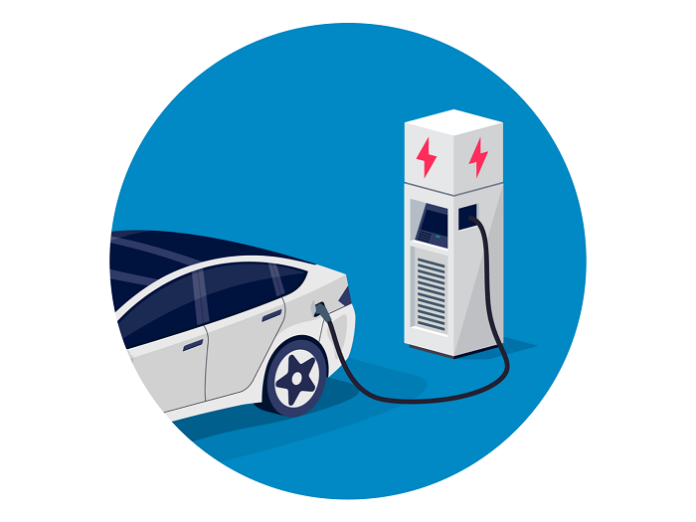The Ministry of Road Transport and Highways has decided to give some more time to electric vehicle manufacturers by extending the EV battery testing standards, the ministry said in a statement. The ministry had earlier decided to implement the standards from October 1, 2022.
The amendments include additional safety requirements related to battery cells, battery management systems, onboard chargers, the design of battery packs, and thermal propagation due to internal cell short circuits leading to fire. The norms will be valid for electric two-wheelers, three-wheelers, quadricycles, and cars. The EV industry has been requesting an extension of the timeline, Road Transport Minister Nitin Gadkari also met EV players last week.
“While the majority of the required parameters are easily met, some new requirements have been added in the new amendment that necessitates battery design changes. The design and development and rigorous testing of these changes are required to ensure effective implementation. Hence, it is imperative to have some bandwidth in terms of timelines to execute the changes. Therefore, the EV industry seeks a humble extension from the government to allow us to execute the changes. A phased implementation timeframe can be looked at jointly with the testing agencies and the ministry too,” Sohinder Gill, Director General, Society of Manufacturers of Electric Vehicles (SMEV), and CEO, Hero Electric had earlier said.








